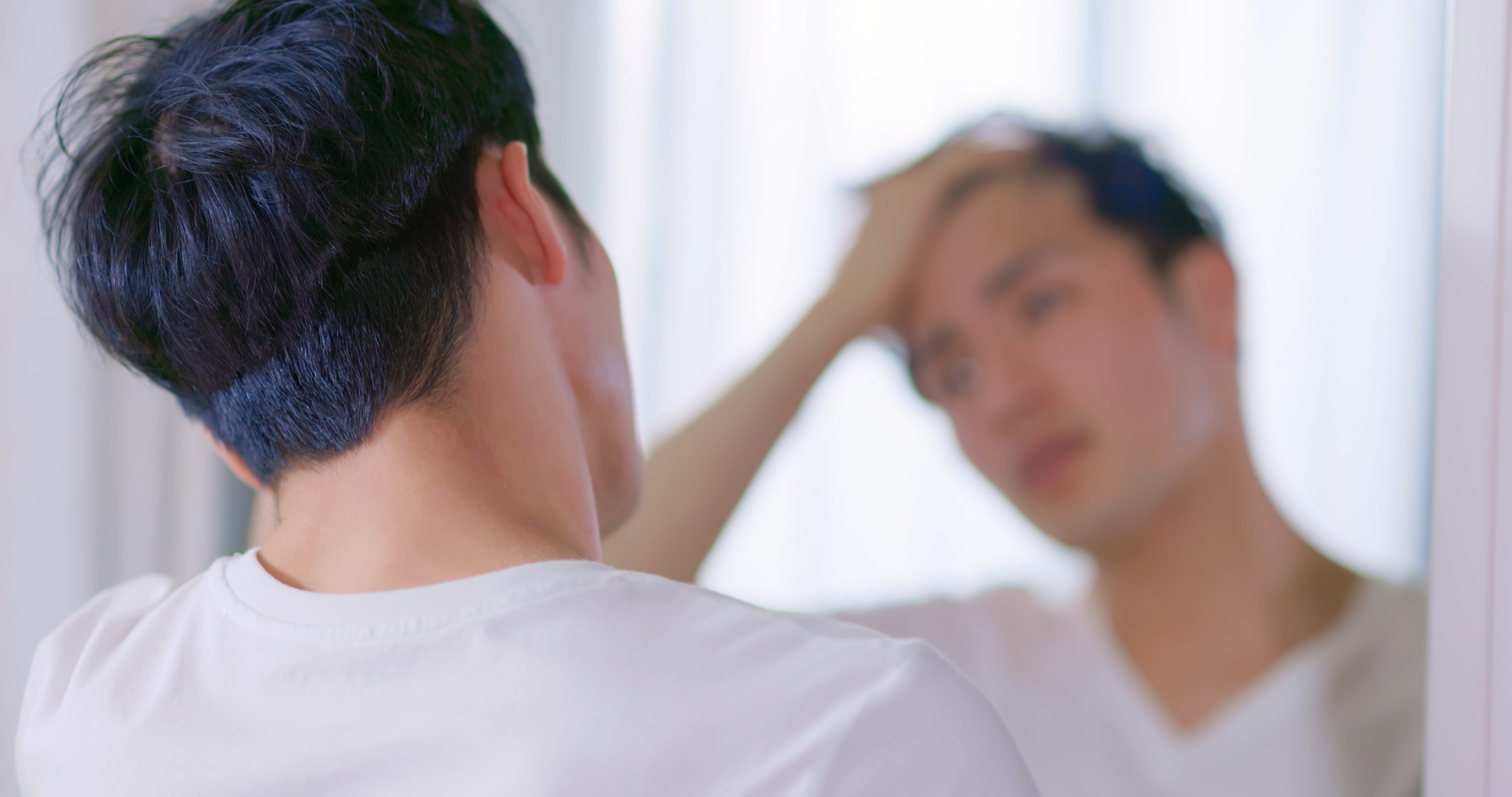BRANDED CONTENT
Signs you’re having stress-related hair loss and treatment options
When there's excessive hair shedding without new hair growth, it's important to get to the root cause of the problem, says Dr Gerard Ee of The Clifford Clinic

Hair loss due to stress is one of the most common forms of hair loss among men and women. PHOTO: GETTY IMAGES
Follow topic:
From migraines and nausea to butterflies in your stomach, experiencing stress, whether it’s related to work, childbirth, intense illness or injury, can lead to a number of physiological responses. These symptoms may be immediate and short-lived but there may be longer term implications, including hair loss.
Dr Gerard Ee, co-founder of The Clifford Clinic, explains that “stress has been shown to cause a certain type of hair loss called telogen effluvium. This is the most common cause of hair loss after male- and female-pattern hair loss. While trauma-based hair loss typically does not last perpetually, we’ve seen cases that have been very persistent.”
Why hair production gets disrupted
Hair loss happens when the body’s natural cycle of hair production is disrupted. Telogen effluvium occurs when cortisol hormones, produced by stress, put large numbers of follicles into an extended resting phase. When this happens, no new hair grows, but shedding continues.
But there are steps you can take to address hair loss caused by stress-induced telogen effluvium, says Dr Ee.
The Clifford Clinic has a proteoglycan replacement therapy, a non-invasive and non-complex treatment option. Dr Ee explains, “Proteoglycans are a type of protein that help maintain a normal hair growth cycle.”
He cautions: “Most of us tend to try solving the problem ourselves through various methods. However, it is important to ensure that these solutions address the root cause of the type of hair loss encountered to prevent possible complications and frustration from a lack of results.”

Dr Gerard Ee, co-founder of The Clifford Clinic, performing a scalp treatment on a patient. PHOTO: THE CLIFFORD CLINIC
He adds that hair loss lasting more than three to six months is a cause for concern and telogen effluvium may last for years in some people when no intervention is sought.
Other surgery-free options include the Hydrafacial Keravive scalp treatment. Targeting specifically the scalp and hair follicles, this combines a proprietary cleansing treatment and a concentrated serum which provides hydration and nourishment.
To enhance the absorption of supplements, certain treatments may require a handheld needling device. The AnteAGE® HAIR System1 works in such a way, aiming to awaken dormant stems inside the hair follicle and help return them to a more youthful and active growth pattern. This treatment works best when combined with the Bellasonic Hair ultrasound therapy that uses vibrations to help improve blood flow to treated areas. Dr Ee says one could also consider doing a surgical procedure like FUE hair transplant.
The Clifford Clinic also utilises the 1927 Thullium Fraxel hair loss laser. Dr Ee says, “The laser is used to heat the outer and inner layers of the skin to stimulate hair follicle growth.”

The Regenera Activa AMT Treatment may help to stimulate the process of growing new hair. PHOTO: THE CLIFFORD CLINIC
A similarly innovative approach employed is the Regenera Activa AMT Treatment2, which uses cells from healthy hair follicles from the patient’s own scalp to help stimulate the process of growing new hair. Minimally invasive and able to target specific problematic areas on the scalp, this option is suitable for both genders and even those who are pregnant.
Dr Ee shares: “Having interacted with countless customers over the past 15 years, we know firsthand how hair loss is a distressing experience that affects confidence levels and quality of life. We also know that convenience and discretion are key considerations for sufferers. Hence, we work with customers individually to discuss our range of modern treatment options to find one that best helps them continue with their daily routines and activities without worry.”
To find out more about available hair loss solutions suited for you, book an obligation-free consultation with The Clifford Clinic today.

There is no conclusive scientific proof that any product (except certain registered medicinal products) or service can retard hair loss or promote hair growth.
1 AnteAGE® HAIR System: CCPN2214585
2 Regenera Activa AMT Treatment: Class A MD

